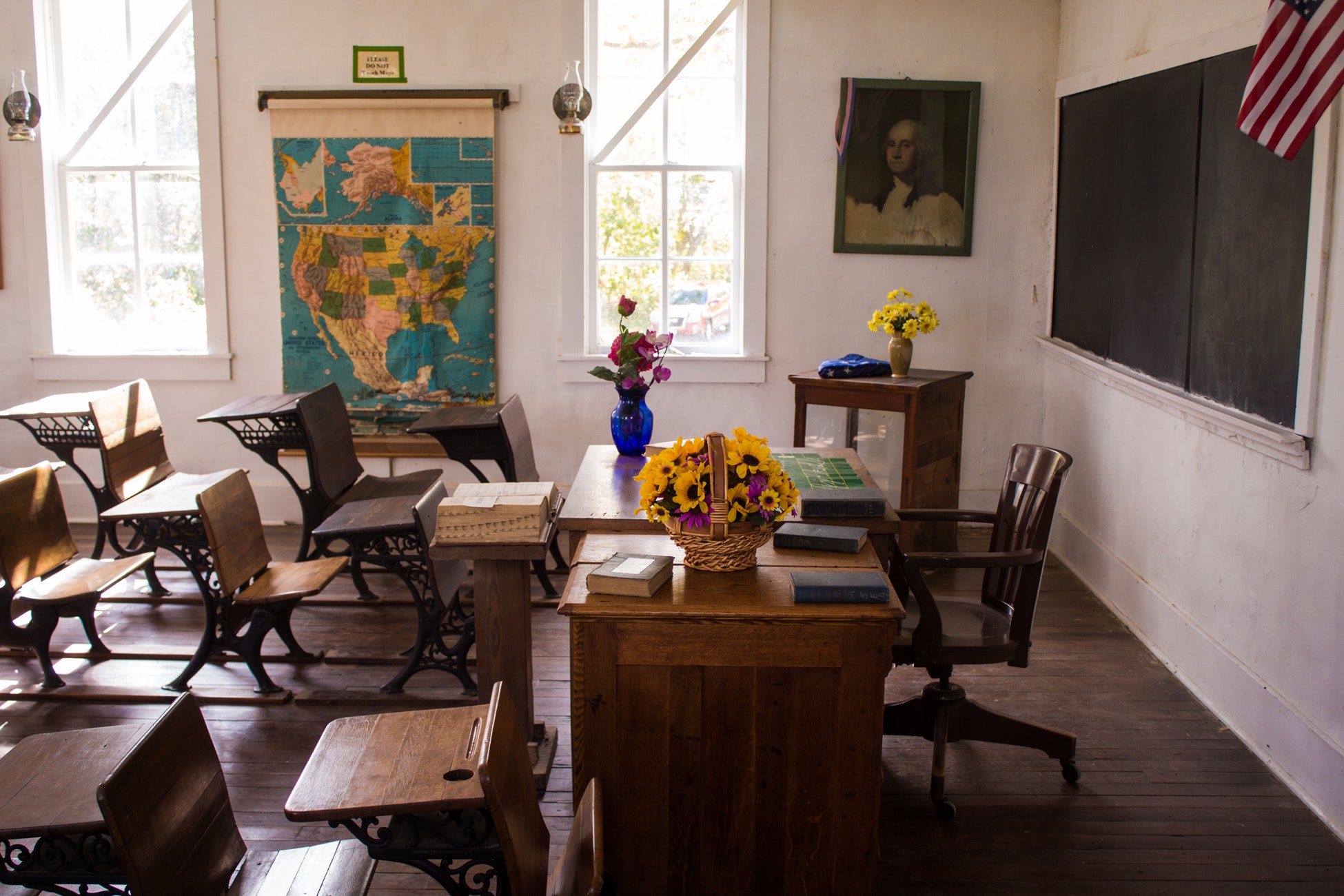A study that was carried out by the Education Endowment Foundation (EEF) shows that poor students from the UK have fallen behind for another one month behind their counterparts since the first lockdown.
This is despite the UK implementing a returning to school policy that started in September. The report also showed that regardless of intervention, there is a huge possibility that the current gap may never be narrowed.
Poor students affected disproportionately by the pandemic
The government’s best efforts, however, have not been enough, with Sir Peter Lampl, who chairs the EEF, calling for a significant increase in funding schools to help disadvantaged students to catch up. The government has already made significant funding of £1.7bn catch-up funding, but Lampl argued that more money would be needed to narrow the gap that has been exacerbated by the pandemic.
Unlike other studies, however, this study did not show any change in students’ ability to read. They compared data collected from 132 schools in England in the Autumn of 2019, September 2020 and towards the end of autumn.
On the disruption of education, the research found that percent of teachers phoned their students at least once per week, with 37 percent of teachers indicating that they had not made a single call to their students.
The research also revealed that only 24 percent of schools in the UK were offering video lessons. The rest, 76 percent, had no such option for their students. However, the research went on to explain that they had not found a link between the mode of teaching and students’ comprehension.
EEF chief executive Prof Becky Francis said commended the research for bringing to light the social and educational inequality that students had to go through during the lockdown. He continued by emphasizing that the pandemic has only caused the divide to grow even bigger, affecting poor students disproportionately.
The department for education spokesperson indicated that the government was aware of the problem and had a significant investment of £1.7bn to schools with disadvantaged students to help them catch up. He also indicated that the government was exploring other ways of working with teachers and parents to help the students catch up on their studies.







